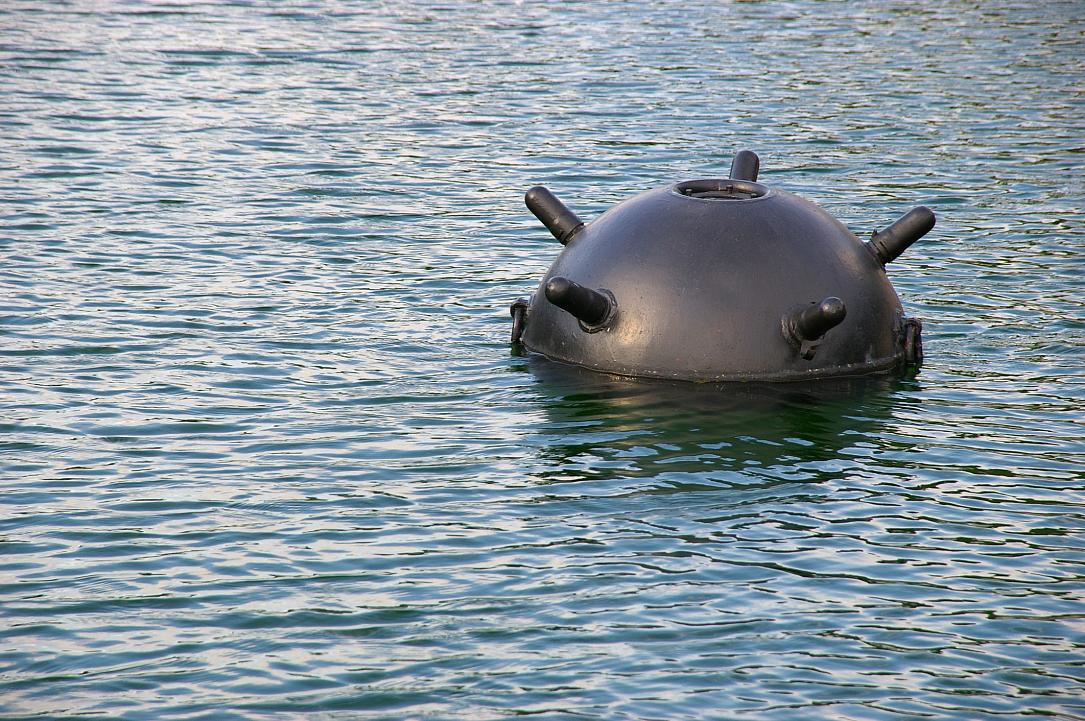On Monday, July 1st, Turkey, Romania, and Bulgaria launched a joint operation to search for mines in the Black Sea aimed at enhancing maritime safety, particularly for Ukrainian grain exports.
Bloomberg reported this initiative led by Istanbul is focused on neutralizing drifting mines in specific areas of the Black Sea due to ongoing conflicts.
Last year, a Russian missile strike near Odessa hit a commercial vessel, resulting in the death of the captain and injuries to others. The vessel, chartered by agricultural giant Cargill Inc., was also damaged by an explosion while sailing from a Ukrainian port in the Black Sea in November.
In March, Ukraine stated that its exports from Black Sea ports had nearly returned to pre-war levels despite repeated attacks and disruptions following Russia's full-scale invasion. However, ports around Odessa continue to face frequent strikes from Russia, disrupting operations.
Since its inception in January 2024, Bulgaria, Romania, and Turkey have collaborated to establish a joint demining group. This initiative marks a significant step in combating sea mines, which pose a threat to peaceful navigation, especially for Ukraine's grain exports.
On January 11th, defense ministers of the three countries officially solidified their commitment by signing a memorandum of understanding in Istanbul. Signatories included Turkey's Minister of Defense Hulusi Akar, his Romanian counterpart Angel Tilvar, and Bulgaria's Deputy Minister of Defense Atanas Zapryanov, demonstrating their commitment to cooperation in ensuring Black Sea security.
The establishment of this demining group was a response to increased risks associated with military actions in the region. Drifting sea mines in the Black Sea waters pose a serious threat to commercial vessels and humanitarian missions delivering food to needy regions.




















